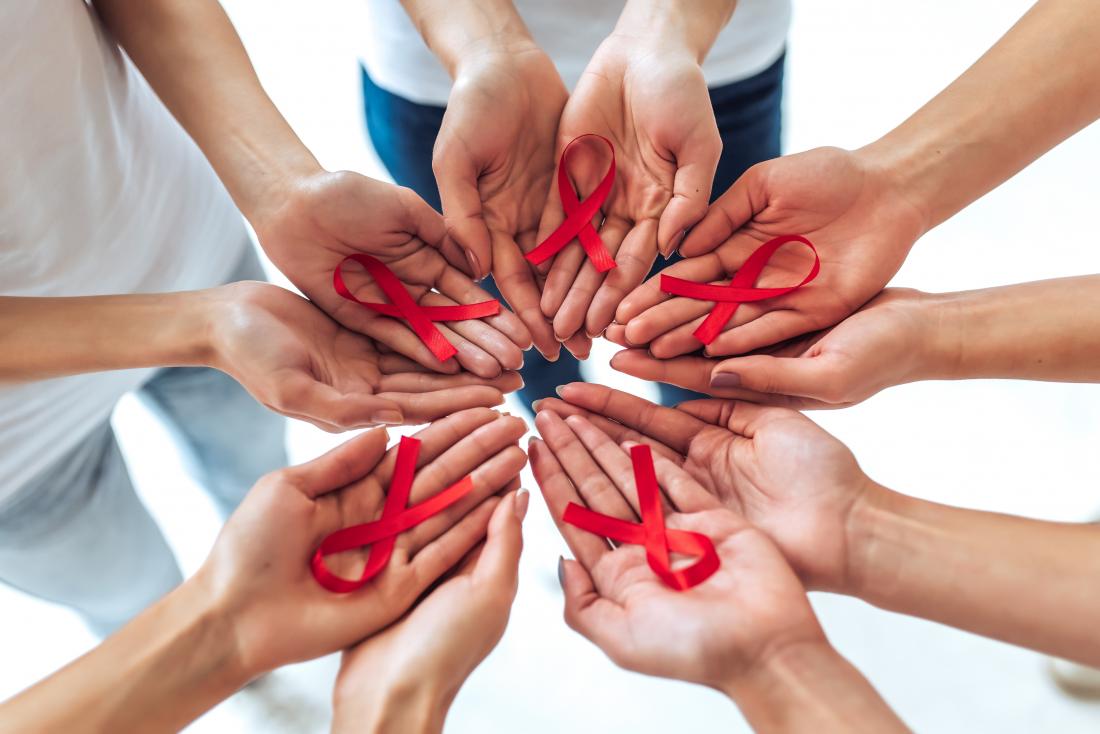Thai HIV vaccine shows promising results for South Africans
Cape Town | Results of a study conducted in South Africa using the same HIV vaccine regimen that showed modest HIV protection in Thailand demonstrated significant cellular and antibody responses in South African participants.
The RV144 clinical trial in Thailand, led by the US Military HIV Research Program and the Thai Ministry of Health, delivered landmark results in 2009 as it was found to be 31.2 percent effective in preventing HIV infection over the 3.5-year follow-up period after vaccination. “RV144 vaccine has since been enhanced to accommodate the typical South African HIV strain named Clade C which differs from the prominent clades B and E which are found in Thailand,” says Co-Principal Investigator of the HIV Vaccine Trials Network (HVTN) and President of the South African Medical Research Council Professor Glenda Gray. “Although this enhancement led to the HVTN 702 study – the first and largest HIV vaccine efficacy trial to be conducted on African soil, we were curious as to whether vaccine induced immune responses to RV144 would be similar in South Africans despite the different HIV clades found in the regions.”
Gray adds that the results of the new study – (HVTN 097) which were published today in the Science and Translational Medicine Journal show that vaccine-induced immune responses elicited from the clades B and E based vaccine regimen induced cross clade responses in South Africans, and at peak immunogenicity, the South African vaccines exhibited significantly higher cellular and antibody immune responses than the Thai vaccines. In general, cross clade immune responses were stronger than expected in South Africa.
The study team acknowledges that factors such as race, ethnicity, the microbiome, or genetic factors may have influenced vaccine-induced immune responses in South Africans. The results of the study also breaks open the thought pattern that each region of the world needs a separate type of HIV vaccine based upon their circulating strains.
The HVTN 097 study is part of a larger HIV vaccine research endeavor led by the Pox-Protein Public-Private Partnership, or P5—a diverse group of public and private organizations committed to building on the success of the RV144 trial. The P5 aims to produce an HIV vaccine that could have a significant public health benefit in southern Africa and to advance scientists’ understanding of the immune responses associated with preventing HIV infection. P5 members include the National Institute of Allergy and Infectious Diseases (NIAID), part of the National Institutes of Health, Bill & Melinda Gates Foundation, South African Medical Research Council (SAMRC), HVTN, Sanofi Pasteur, GSK and the U.S. Military HIV Research Program (MHRP) at the Walter Reed Army Institute of Research. NIAID funds the HVTN and funded the HVTN 097 study.
NOTE TO THE EDITOR:
Access to paper: “Immune correlates of the Thai RV144 vaccine regimen in South Africa”

